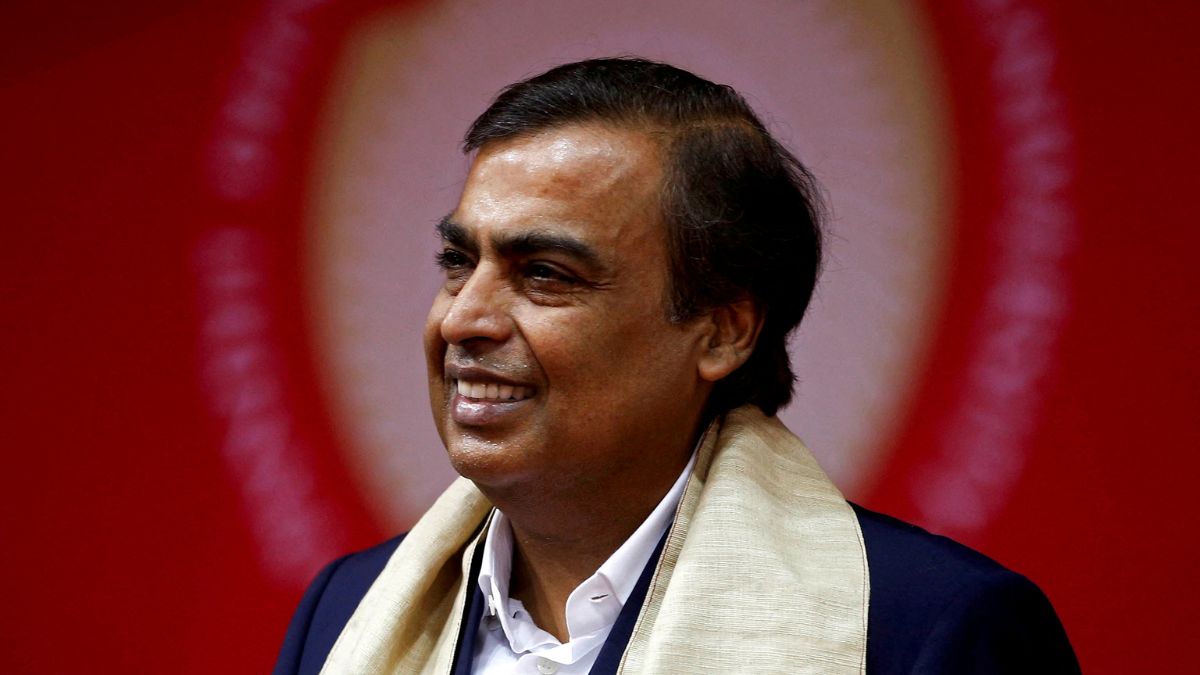Finance Minister Nirmala Sitharaman is expected to introduce a bill in the Union Budget 2024-2025 to seek amendments to the Insurance Act, 1938 read more
)
Finance Minister Nirmala Sitharaman. Source: PTI.
Prime Minister Narendra Modi-led government at the Centre has an aim for achieving ‘Insurance for All by 2047’. Keeping this in its priority list, Finance Minister Nirmala Sitharaman is expected to introduce a bill in the Union Budget 2024-2025 to seek amendments to the Insurance Act, 1938.
The draft bill is all set and will be sent to the Cabinet for approval anytime soon, a report by PTI quoted sources as saying.
What’s there in insurance amendment bill?
Sources to PTI said that the proposed amendments are majorly for the policyholders and primarily focus on enhancing their interests and improving their returns.
Alongwith this, proposal has also been made to facilitate the entry of more players which will not just generate employment but also help in economic growth.
Also, proposal has been made to enhance the insurance industry’s efficiency – both operational and financial – as well as enable ease of doing business.
Some of the provisions, which could be part of the insurance amendment bill are:
- composite license
- differential capital
- reduction in solvency norms
- issuing captive license
- change in investment regulations
- one-time registration for intermediaries
- allowing insurers to distribute other financial products.
How will these amendments benefit?
The move will facilitate the entry of differentiated insurance companies like in the banking sector. Currently, the sector is categorised as universal bank, small finance bank, and payments bank.
The provision of composite licenses will enable life insurers to underwrite health insurance or general insurance policies.
The Insurance Regulatory and Development Authority of India (IRDAI) does not allow composite licensing for insurance companies, which means that an insurance company cannot offer both life and non-life products as one entity.
According to the provisions of the Insurance Act, 1938, life insurers can only offer life insurance covers, while general insurers can provide non-insurance products including health, motor, fire, marine.
Sources to PTI further said that the easing of capital norms will enable entry of companies which are focused on micro-insurance, agriculture insurance, or insurance firms with a regional approach.
More players entering the sector would push penetration and also result in greater job creation across India.
In December 2022, the Ministry of Finance had invited comments on the proposed amendments to the Insurance Act, 1938, and the Insurance Regulatory Development Act, 1999.
What is Insurance Act, 1938?
The Insurance Act, 1938, serves as the principal Act to provide the legislative framework for insurance in India. It also provides the framework for the functioning of insurance businesses and regulates the relationship between an insurer, its policyholders, shareholders and the regulator - IRDAI.
Currently, there are 25 life insurance companies and 32 non-life or general insurance firms in India. These also include companies like the Agriculture Insurance Company of India Ltd and ECGC Limited.
With inputs from PTI.

 2 months ago
18
2 months ago
18
)
)
)
)
)
)
)
)
)
)
)
)
)
)
)
)
)
)
)
)
)
)
)
 English (US) ·
English (US) ·